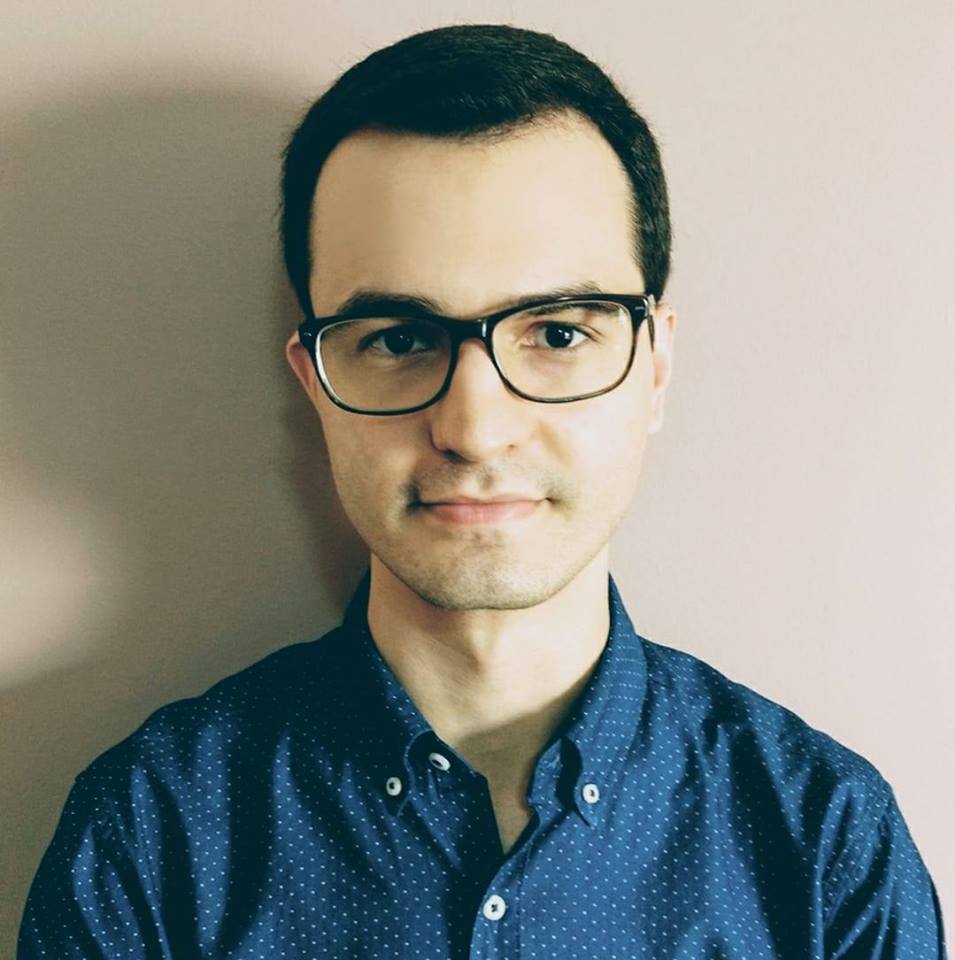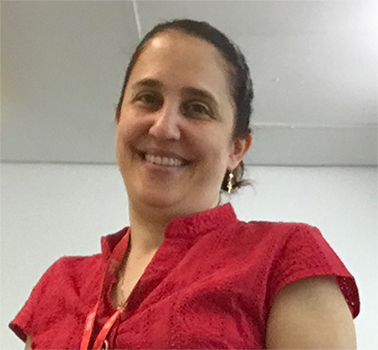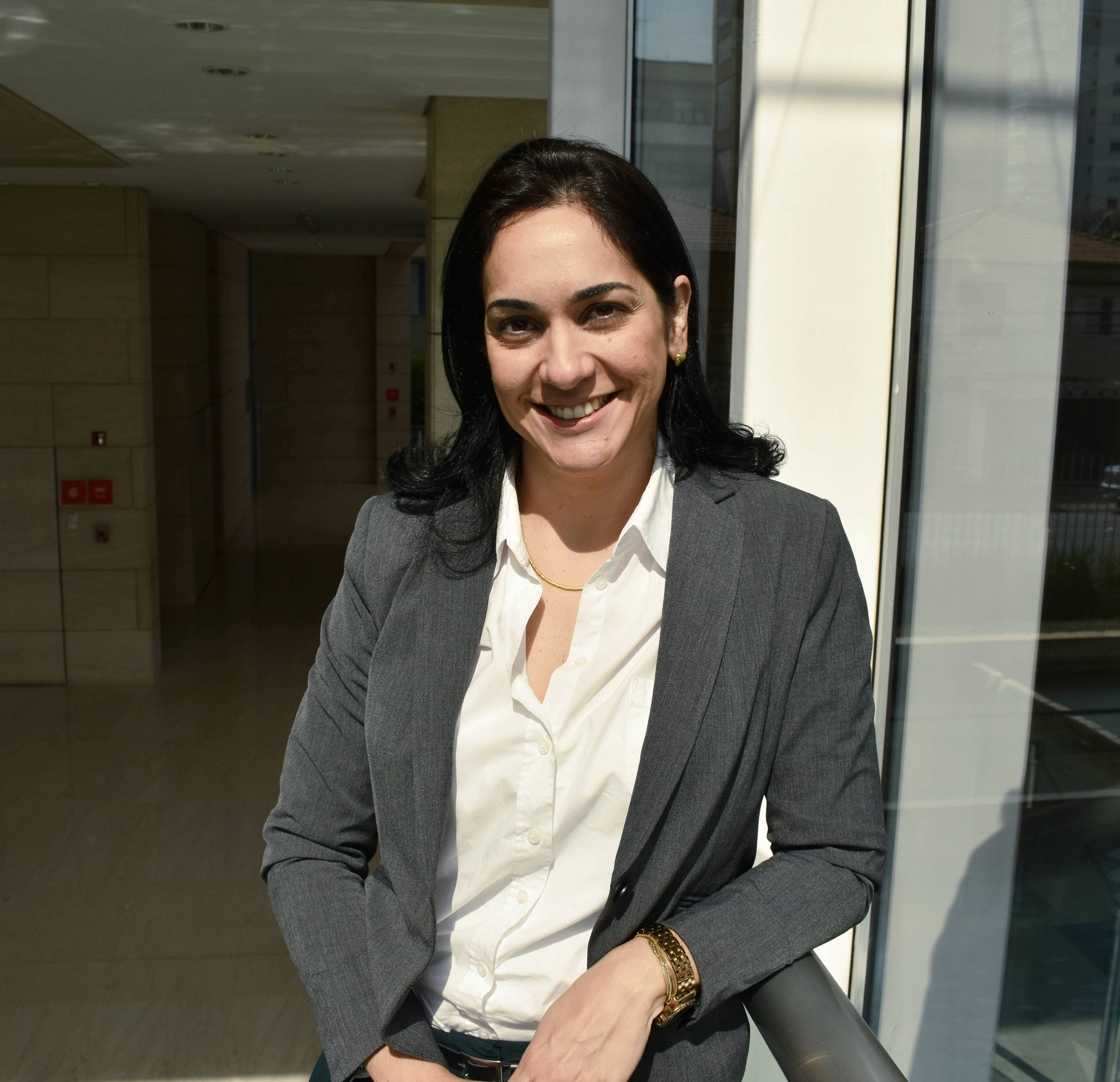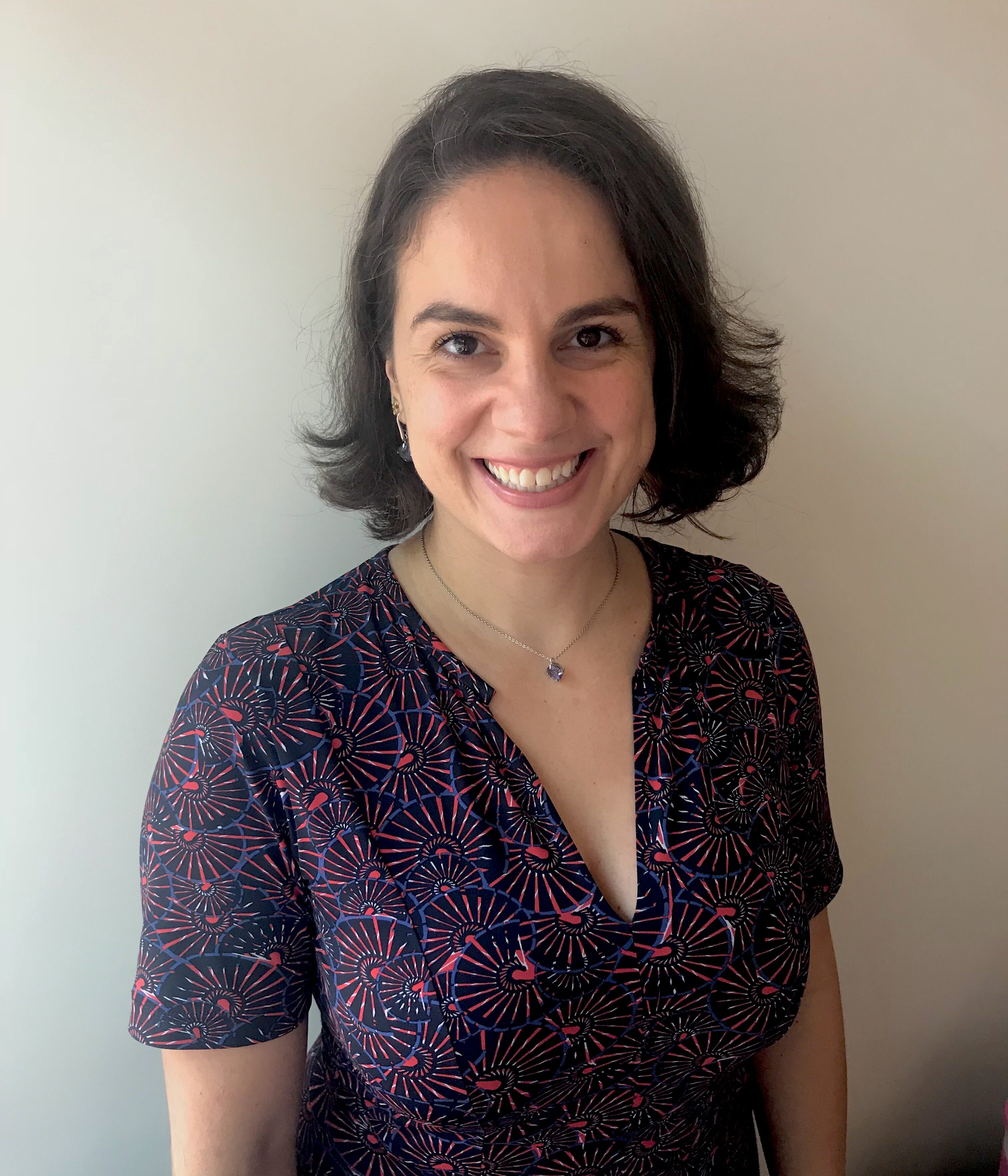Work in progress
A job in ELT is definitely not a cushy number. It will surely take a long time before you find yourself at the top of the ladder, and you are likely to hit several glass ceilings on your way up. Committed English language teachers are known to slog their guts out, but are seldom handsomely paid. Many of us, however, are still brimming with motivation to pursue professional development and participate in conferences throughout the year, take online courses, attend webinars and even muster up the courage to present at local, national, and international events. Hats off to all of us who manage to do it.
Working in our field can be immensely rewarding, yet not everyone acknowledges the daunting side of planning a career and striving to be a better professional when you are also a parent, a spouse, a friend and, most importantly, an individual with needs that stretch beyond the world of work. The million-dollar question is: how can we find and maintain work-life balance?
Nigel Marsh is an author and entrepreneur who has an active interest in the thorny issue of work-life balance. In his riveting TEDxSydney talk, he argues that we need to have an honest debate about the topic if we are to make any considerable change in the way people juggle personal and professional life. Using himself as an example, he explains what a classic corporate warrior is: He used to work too hard, eat too much, drink too much and neglect his family. After taking a step back from the workforce and spending a year at home with his wife and four children, he decided to go back to work, but this time he had decided to investigate, study and write about work-life balance.
One of his striking conclusions is that ‘certain job and career choices are fundamentally incompatible with being meaningfully engaged on a day-to-day basis with a young family’. I know some teachers who feel that way about their profession and often struggle to fit everything they have to do in one day. But should it always be like that?
The reasonable thing to do if you find you have too much on your plate is to sort out your priorities. Personally, I have a hard time trying to cope with all the professional development ahead of me. Do I want to be awarded Cambridge English Teaching qualifications? Would I be better off pursuing a Master’s? Should I save money to attend IATEFL or TESOL next year? Or should I be reading the books on methodology I already have filling up my shelves? There’s no denying professional development opportunities abound, so the challenge seems to be deciding what to do first. But have you stopped to carefully set your goals?
Marsh puts forward the idea that we need to be realistic. There’s only so much you can do. Taking the time to plan and set your goals in terms of professional development may prove to be extremely worthwhile. You might want to have short-term goals to work on specific teaching skills over a two-month period, for instance.
So you decide you are going to learn more about phonology to help your students develop both their pronunciation and their listening skills. Then for two months you are going to read articles, blog posts, watch webinars, and read books on that particular topic. Remember to be realistic, though. Don’t bite off more than you can chew. After these two months, you may decide you want to hone your online teaching practice, so off you go. Naturally, you may set a different time frame which is more suitable to your needs.
This method of dealing with things in order of importance could also be applied to your personal life. Your interests and your family are parts of your priorities as well. This may help you decide if you are going to spend Saturday afternoon with your kids or if you are going to tweak that lesson plan because you are being observed on Monday. It seems that teachers are highly prone to guilt, and this is one of the main reasons why we rarely reach work-life balance.
At the end of the day, it all comes down to the choices you make. Instead of moaning about the lack of time, you can assess your choices. By getting to know yourself, you’ll find it easier to choose what is right for you and, consequently, you’ll feel better about it. Feeling positive about the step you have taken will prompt you to take the next one.





